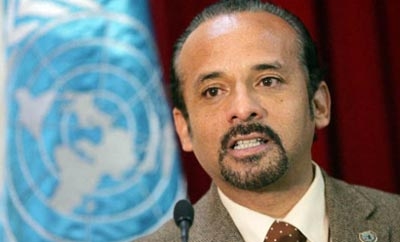The United Nations (UN) has warned that the drug trade could lead to a surge in violence in Bolivia, as the Andean nation plays an increasingly important role in the South American drug trade.
If Bolivia maintains its position as a producer and transit nation for cocaine, the country risks “grave levels of violence linked to narcotrafficking,” the UN’s Office on Drugs and Crime representative in Bolivia, Cesar Guedes, told EFE.
Guedes highlighted the trafficking of Bolivian cocaine into Brazil — the world’s second-largest market for the drug — as a major cause for concern. He noted that there were very few other places where a major drug-producing country shared a large land border with a major drug-consuming country.
Guedes also expressed concern that Bolivia could develop a significant domestic market for narcotics.
InSight Crime Analysis
Bolivia is the world’s third-largest cocaine producer after Colombia and Peru, and in recent years the eastern province of Santa Cruz has become a major regional trafficking hub. As well as homegrown product, Bolivia is also a transit point for an increasing amount of Peruvian cocaine.
The bulk of all cocaine shipped through Bolivia heads to Brazil, with a Brazilian official estimating in 2011 that between 60 and 80 percent of Bolivian cocaine goes to the neighboring country.
Bolivia and Peru historically have not seen the kind of drug-related violence suffered by Colombia (where other factors have also played an important role), but there are signs that this may be changing, as Guedes warned. Last year Santa Cruz police blamed rising crime on disputes between drug gangs, while in March Santa Cruz Governor Ruben Costas declared a state of emergency due to a wave of violent crime.

